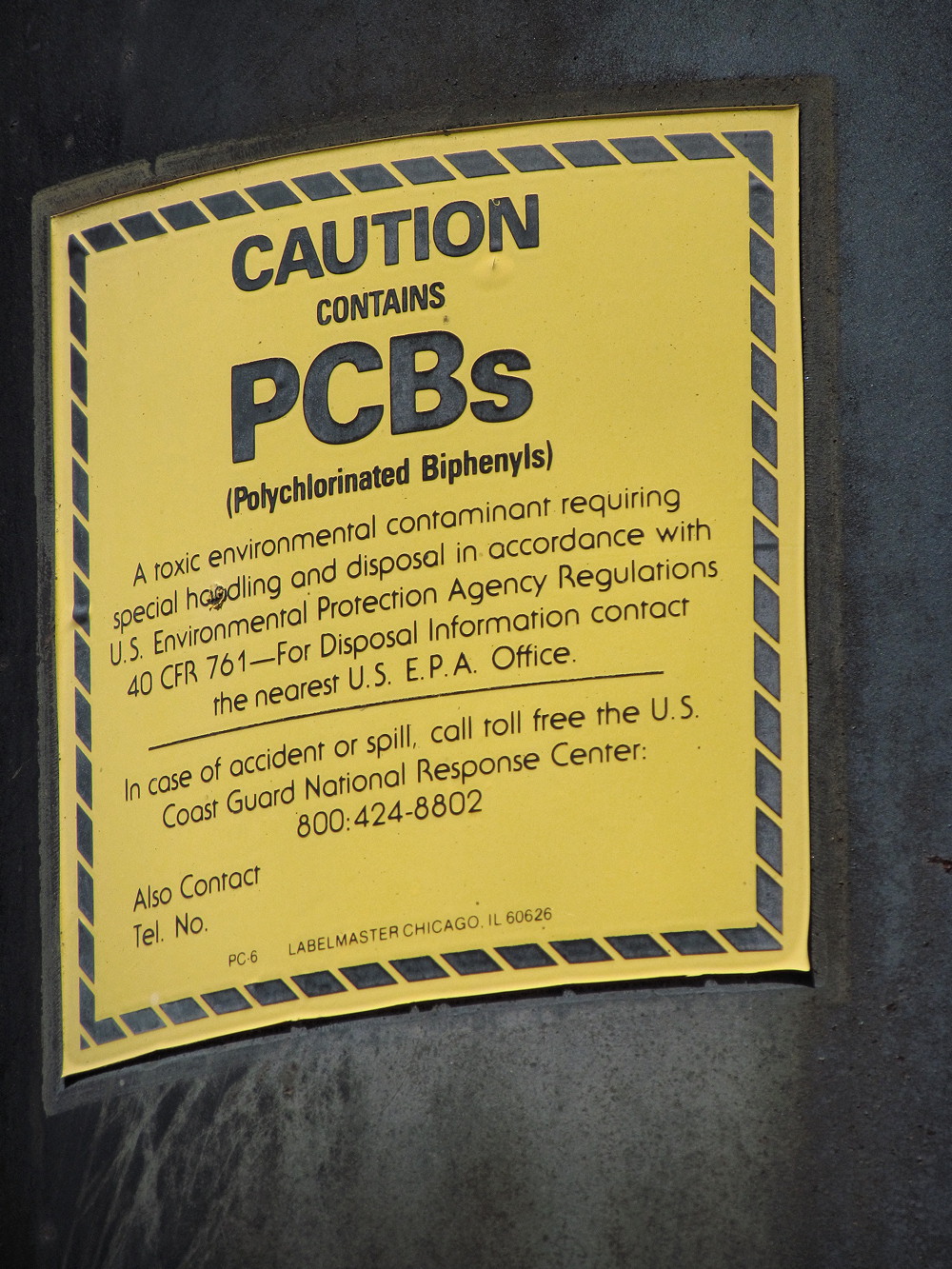
Monsanto Given Legal Shield in a Chemical Safety Bill
WASHINGTON — Facing hundreds of millions of dollars in lawsuits, the giant biotechnology company Monsanto last year received a legislative gift from the House of Representatives, a one-paragraph addition to a sweeping chemical safety bill that could help shield it from legal liability for a toxic chemical only it made.
Monsanto insists it did not ask for the addition. House aides deny it is a gift at all. But the provision would benefit the only manufacturer in the United States of now-banned polychlorinated biphenyls, chemicals known as PCBs, a mainstay of Monsanto sales for decades. The PCB provision is one of several sticking points that negotiators must finesse before Congress can pass a law to revamp the way thousands of chemicals are regulated in the United States.
February 29, 2016 | Source: The New York Times | by Eric Lipton
WASHINGTON — Facing hundreds of millions of dollars in lawsuits, the giant biotechnology company Monsanto last year received a legislative gift from the House of Representatives, a one-paragraph addition to a sweeping chemical safety bill that could help shield it from legal liability for a toxic chemical only it made.
Monsanto insists it did not ask for the addition. House aides deny it is a gift at all. But the provision would benefit the only manufacturer in the United States of now-banned polychlorinated biphenyls, chemicals known as PCBs, a mainstay of Monsanto sales for decades. The PCB provision is one of several sticking points that negotiators must finesse before Congress can pass a law to revamp the way thousands of chemicals are regulated in the United States.
“Call me a dreamer, but I wish for a Congress that would help cities with their homeless crises instead of protecting multinational corporations that poison our environment,” said Pete Holmes, the city attorney for Seattle, one of six cities suing Monsanto to help cover the costs of reducing PCB discharge from their sewers.
The House and the Senate last year both passed versions of legislation to replace the 40-year-old Toxic Substances Control Act, a law that the Environmental Protection Agency acknowledged had become so unworkable that as many as 1,000 hazardous chemicals still on sale today needed to be evaluated to see if they should be banned or restricted.
Democrats and Republicans — along with the chemical industry and even some environmentalists — agree that the pending legislation would be a major improvement over existing law. But from legal liability shields to state-based regulatory authority, the House and Senate versions have major differences to resolve. The remaining disputes revolve around the basics of pre-emption: Who gets to sue? And who gets to regulate the chemical industry?
A Monsanto spokeswoman said the company had received no special treatment from the House or the Senate.
“Monsanto does not consider either version of the bill, with respect to the effect on preemption, to be a ‘gift,’ ” the spokeswoman, Charla Lord, said.
Already, attorneys general and top environmental regulators from 15 states have written to leaders in Congress demanding changes.
“Our future work depends on striking the right balance to strengthen the U.S. Environmental Protection Agency’s abilities and funding, without limiting state powers in creating and enforcing needed protections,” said a letter, obtained by The New York Times, sent by the top environmental regulators in California, Connecticut, Minnesota, New Hampshire, New York, Oregon, Washington and West Virginia.
